-
×
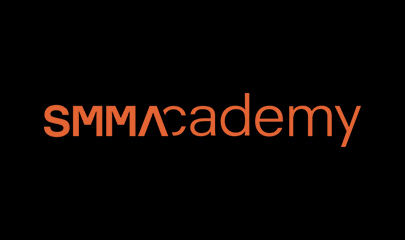 The SMMA Academy Plus 2023 By Sander Stage
1 × $23,00
The SMMA Academy Plus 2023 By Sander Stage
1 × $23,00 -
×
 Orgasmic, Tantric And Erotic Hypnosis By David Mears
1 × $163,00
Orgasmic, Tantric And Erotic Hypnosis By David Mears
1 × $163,00 -
×
 How to Ease Damaging Patterns of Jealousy and Envy By NICABM
1 × $39,00
How to Ease Damaging Patterns of Jealousy and Envy By NICABM
1 × $39,00 -
×
 Day Trading with Volume Profile and Orderflow By Price Action Volume Trader
1 × $46,00
Day Trading with Volume Profile and Orderflow By Price Action Volume Trader
1 × $46,00 -
×
 MovNat Mobility Bundle By MovNat
1 × $54,00
MovNat Mobility Bundle By MovNat
1 × $54,00 -
×
 Training Session - Side Control Attacks by Renzo Gracie
1 × $6,00
Training Session - Side Control Attacks by Renzo Gracie
1 × $6,00 -
×
 MovNat Level 1 Fundamentals By Danny Clark And Stefano Tripney - MovNat
1 × $78,00
MovNat Level 1 Fundamentals By Danny Clark And Stefano Tripney - MovNat
1 × $78,00 -
×
 2000 (currently 27 hours): Exercise Mechanics 1 + Orchestration By Exercise Professional
1 × $39,00
2000 (currently 27 hours): Exercise Mechanics 1 + Orchestration By Exercise Professional
1 × $39,00 -
×
 Master Collection | GRUNGE RAW Backdrops by Gary Martin
1 × $8,00
Master Collection | GRUNGE RAW Backdrops by Gary Martin
1 × $8,00 -
×
 The Complete Jiu Jitsu Collection By Roy Dean Academy
1 × $171,00
The Complete Jiu Jitsu Collection By Roy Dean Academy
1 × $171,00 -
×
 Online - The Demartini Values Training Program - USA 2020 (Videos Only) By Dr John Demartini
1 × $622,00
Online - The Demartini Values Training Program - USA 2020 (Videos Only) By Dr John Demartini
1 × $622,00 -
×
 Isle of Skye Foggy Mountainside Composite Stock Assets by Clinton Lofthouse
1 × $8,00
Isle of Skye Foggy Mountainside Composite Stock Assets by Clinton Lofthouse
1 × $8,00 -
×
 The 4 Cycles of Shaolin Qigong by Robert Peng - The Shift Network
1 × $54,00
The 4 Cycles of Shaolin Qigong by Robert Peng - The Shift Network
1 × $54,00 -
×
 The Integral Body: Injury Proof Your Body By Mark Suski
1 × $39,00
The Integral Body: Injury Proof Your Body By Mark Suski
1 × $39,00 -
×
 Metabolic And L1 Fundamentals Bundle By MovNat
1 × $101,00
Metabolic And L1 Fundamentals Bundle By MovNat
1 × $101,00 -
×
 Privacy, Property, and Free Speech: Law and the Constitution By Jeffrey Rosen
1 × $5,00
Privacy, Property, and Free Speech: Law and the Constitution By Jeffrey Rosen
1 × $5,00 -
×
 Professional Python Web Development with Flask By Stone River eLearning
1 × $6,00
Professional Python Web Development with Flask By Stone River eLearning
1 × $6,00 -
×
 Adobe Photoshop Actions for Color | Midnight Action by Kate Woodman
1 × $8,00
Adobe Photoshop Actions for Color | Midnight Action by Kate Woodman
1 × $8,00 -
×
 Portfolio Investing By Ron Bertino
1 × $54,00
Portfolio Investing By Ron Bertino
1 × $54,00 -
×
 Online Fitness And Nutrition Coach By Dala McDevitt - DLDNation
1 × $319,00
Online Fitness And Nutrition Coach By Dala McDevitt - DLDNation
1 × $319,00 -
×
 Landscape Composition 2 - An eBook on Composition in Landscape Photography by Mads Peter Iversen
1 × $5,00
Landscape Composition 2 - An eBook on Composition in Landscape Photography by Mads Peter Iversen
1 × $5,00 -
×
 Programming with Emerging Strategies By Mike Tuchscherer - Reactive Training Systems
1 × $209,00
Programming with Emerging Strategies By Mike Tuchscherer - Reactive Training Systems
1 × $209,00 -
×
 The basics, reviewed at RGOA by Renzo Gracie
1 × $6,00
The basics, reviewed at RGOA by Renzo Gracie
1 × $6,00 -
×
 Smart Man Crew- Master Mobile Photography and Videography 2024 by Jozeph Ezzat Danial
1 × $23,00
Smart Man Crew- Master Mobile Photography and Videography 2024 by Jozeph Ezzat Danial
1 × $23,00 -
×
 Square Secrets 7.1 By Paige Brunton
1 × $23,00
Square Secrets 7.1 By Paige Brunton
1 × $23,00 -
×
 Wired For Weight Loss By Mark Patrick
1 × $23,00
Wired For Weight Loss By Mark Patrick
1 × $23,00 -
×
 Training Session - Guard position by Renzo Gracie
1 × $6,00
Training Session - Guard position by Renzo Gracie
1 × $6,00 -
×
 Watch me build a SaaS to 20k MRR By Alex Berman
1 × $5,00
Watch me build a SaaS to 20k MRR By Alex Berman
1 × $5,00 -
×
 Yoga Nidra - Yogic Sleep By Yoga International
1 × $39,00
Yoga Nidra - Yogic Sleep By Yoga International
1 × $39,00 -
×
 6 Figure Instagram Content By Haley & Madison - Maha Copy
1 × $23,00
6 Figure Instagram Content By Haley & Madison - Maha Copy
1 × $23,00 -
×
 Learn Mesmerism and Magnetism Hypnosis by ZenOsho Energy
1 × $54,00
Learn Mesmerism and Magnetism Hypnosis by ZenOsho Energy
1 × $54,00 -
×
 Recruiting Professionals Live Dials By Todd Falcone
1 × $23,00
Recruiting Professionals Live Dials By Todd Falcone
1 × $23,00 -
×
 The Art of VFX & Graphics for Editors Complete Bundle By Film Editing Pro
1 × $31,00
The Art of VFX & Graphics for Editors Complete Bundle By Film Editing Pro
1 × $31,00 -
×
 Learn Yoga Arm Balance And Inversions By Yogi Flight School
1 × $54,00
Learn Yoga Arm Balance And Inversions By Yogi Flight School
1 × $54,00 -
×
 Ultimate Guide to HARO Success By Easy Peasy Blogging
1 × $15,00
Ultimate Guide to HARO Success By Easy Peasy Blogging
1 × $15,00 -
×
 Extended Stays for Landlords By Al Williamson
1 × $419,00
Extended Stays for Landlords By Al Williamson
1 × $419,00 -
×
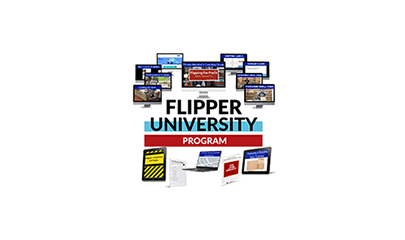 Flipper University - Pro Flipper PLUS Package (Beg, Intermediate, Freight) By Flea Market Flipper
1 × $209,00
Flipper University - Pro Flipper PLUS Package (Beg, Intermediate, Freight) By Flea Market Flipper
1 × $209,00 -
×
 Guard passes to beat the butterfly by Shawn Williams
1 × $6,00
Guard passes to beat the butterfly by Shawn Williams
1 × $6,00
An Introduction to Infectious Diseases By Barry Fox
$239,00 $5,00
SKU: KOB.528364zW8vU
Category: Health
Tags: An Introduction to Infectious Diseases, Barry Fox, Diseases
An Introduction to Infectious Diseases: A Review – Digital Download!
Let’s embark on a captivating adventure to uncover remarkable insights that spark your curiosity and elevate your understanding
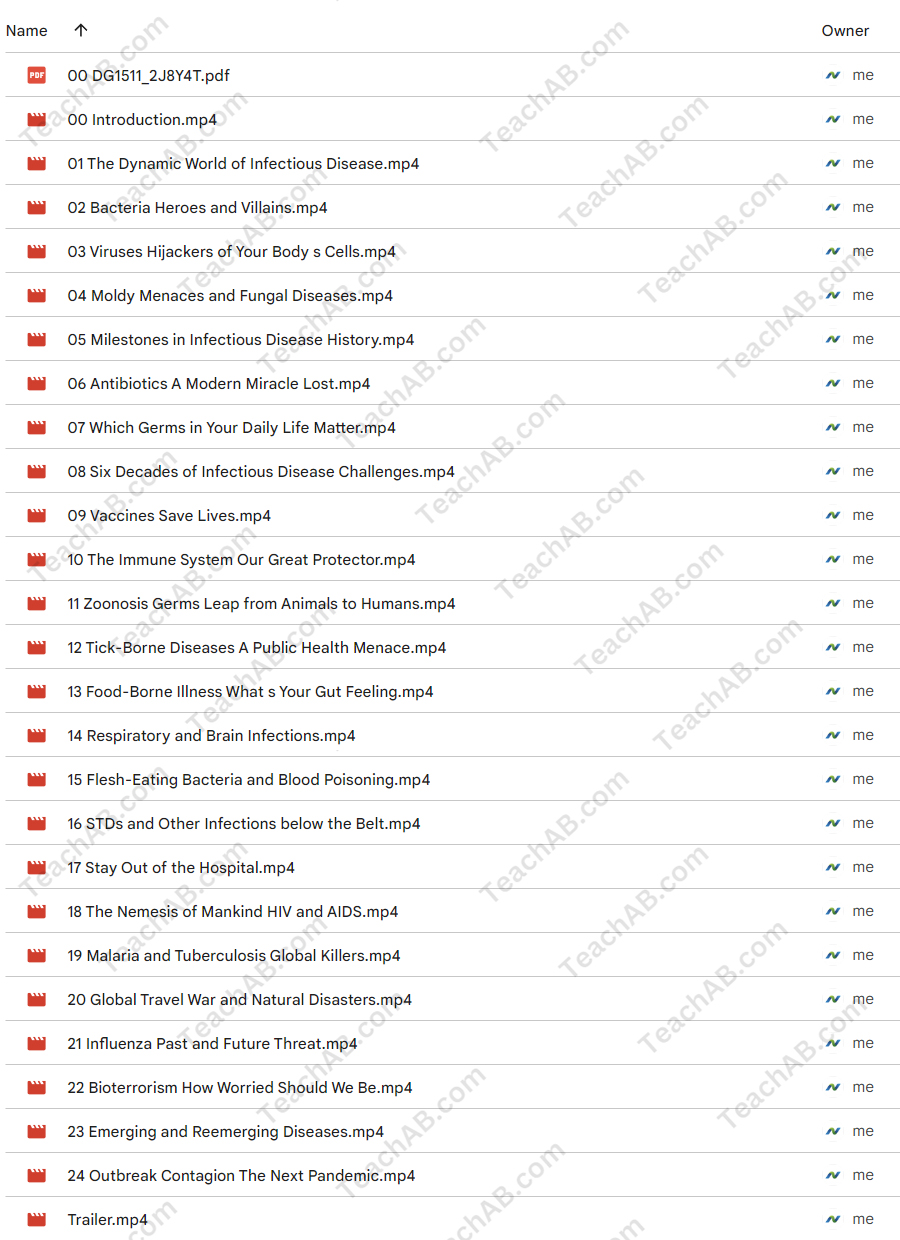
An Introduction to Infectious Diseases By Barry Fox
Overview

An Introduction to Infectious Diseases: A Review
In today’s fast-paced world, infectious diseases stand as a formidable challenge, significantly influencing public health, economies, and social structures. In his enlightening course, An Introduction to Infectious Diseases, Barry C. Fox embarks on a journey into the microscopic universe of pathogens. Through 24 meticulously crafted lectures, Fox illuminates the complex interactions between bacteria, viruses, fungi, and even hybrid germs within the context of human biology and environmental impact. The course is not just an academic pursuit but a crucial understanding of how outbreaks alter the fabric of society, intertwined with historical insights and modern ramifications.
This review delves into the rich content of Fox’s lectures, highlighting the balance between accessibility and complexity, addressing both lay audiences and those with a background in medicine. In the face of ongoing global health crises, this course holds a mirror to our collective vulnerabilities and the importance of preparedness and knowledge in combating infectious threats.
Course Structure and Content Overview
Lecture Format and Topics
In crafting An Introduction to Infectious Diseases, Barry C. Fox adopts a structured approach that caters to a variety of learning preferences. The 24 lectures are designed to progressively build on each topic, commencing with foundational knowledge of pathogens.
- Lectures 1-6 focus on specifics of various types of microorganisms:
- Bacteria: Structure, classification, and notable diseases
- Viruses: Characteristics, lifecycle stages, and viral diseases
- Fungi: Types, pathogenicity, and significant fungal infections
- Hybrid Germs: Understanding multifaceted infectious agents.
- Lectures 7-12: Transitioning from microbiology, there’s a seamless shift to the mechanisms of disease spread, which encompasses:
- Transmission routes including airborne, vector-borne, and direct contact.
- Environmental factors influencing disease propagation.
- Lectures 13-18 delve deep into the historical and modern context:
- Lessons from past pandemics and their societal impact.
- Examination of recent outbreaks and the factors behind their emergence.
- Lectures 19-24 broaden the discussion to a global perspective, emphasizing:
- The implications of modern travel and urbanization on spreading infectious diseases.
- Public health interventions and their effectiveness amidst crises.
Teaching Style and Engagement
Professor Fox is recognized for his engaging and accessible writing style, which is pivotal in addressing complex topics. He adeptly uses narratives and analogies, making the material more relatable.
This particular engagement is accentuated through the use of visual aids and real-life examples from both history and current events, helping recast the lectures from abstract concepts to tangible issues. Furthermore, Fox’s authoritative background as a clinical professor of infectious disease imbues the course with credibility, enhancing the learning experience.
However, some reviewers suggest that sections may occasionally become overly technical, jeopardizing the flow for those without a scientific background. Yet, these moments can often provoke curiosity and lead to deeper engagement with the subject matter.
Historical Context and Contemporary Relevance
Lessons from the Past
The course opens with reflections on historical pandemics events that have profoundly altered the course of human history. For instance, the Black Death, which swept through Europe in the 14th century, serves as a somber reminder of how infectious diseases can devastate populations and reshape societies.
- Key historical takeaways include:
- The influence of HIV/AIDS in the late 20th century and its ongoing impact on global health.
- The emergence of antibiotic-resistant bacteria as an urgent contemporary challenge, rooted in historical misuses of antibiotics.
Current Global Health Crises
Moreover, Fox brings a current lens to the discourse on infectious diseases, diving into the implications of recent global health crises.
- COVID-19 is discussed extensively:
- The interplay of global travel and urbanization with disease outbreaks.
- Public health interventions, including social distancing and vaccination campaigns, are evaluated for their effectiveness against disease spread.
The relevance of the course extends into the ongoing struggle against emerging infectious diseases, highlighting the lessons learned and the gaps that remain in public health preparedness.
Implications of Modern Society
Impact of Travel and Urbanization
One crucial area that Fox emphasizes is the impact of modern travel and urbanization on the transmission of infectious diseases. Global interconnectedness has indeed accelerated the spread of diseases that once remained localized.
- Notable examples include:
- The rapid global spread of H1N1 influenza after its emergence in 2009.
- Ebola outbreaks in West Africa that highlighted vulnerabilities in global health systems.
Reportages on air travel frequently illustrate how swiftly a pathogen can traverse borders, remapping the understanding of endemic versus epidemic situations. Fox manages to weave these contemporary issues into discussions, creating a thread between the past, present, and future.
Public Health Responses
The course also encompasses discussions of public health strategies designed to combat the implications of infectious diseases in urban societies. Fox emphasizes the need for rapid response plans and community engagement during outbreaks.
- Successful public health measures have included:
- Vaccination programs which have drastically reduced incidence rates of infectious diseases like measles and polio.
- Health education initiatives that empower communities to take ownership of their health outcomes.
However, the dichotomy in responses observed during crises, with disparities in resource allocation and healthcare access, challenges the effectiveness of these interventions and surfaces moral questions regarding global health equity.
Conclusion
Barry C. Fox’s An Introduction to Infectious Diseases represents not merely a course but a critical educational tool that navigates the intricate landscape of pathogens and their implications for humanity. The structured yet flexible format caters to a diverse audience, ensuring that learners of all backgrounds can engage with the material meaningfully.
In the face of relentless challenges posed by infectious diseases, understanding their mechanisms and societal impacts is more vital than ever. As we reflect upon historical lessons and current realities, Fox’s lectures empower us to confront the uncertainties that lie ahead, emphasizing the need for vigilance, knowledge, and unity. Ultimately, this course stands as a beacon of insight in our ongoing endeavor to safeguard public health in an increasingly interconnected world.
Frequently Asked Questions:
Innovation in Business Models: We use a group purchase approach that enables users to split expenses and get discounted access to well-liked courses. Despite worries regarding distribution strategies from content creators, this strategy helps people with low incomes.
Legal Aspects to Take into Account: Our operations’ legality entails several intricate considerations. There are no explicit resale restrictions mentioned at the time of purchase, even though we do not have the course developers’ express consent to redistribute their content. This uncertainty gives us the chance to offer reasonably priced instructional materials.
Quality Control: We make certain that every course resource we buy is the exact same as what the authors themselves provide. It’s crucial to realize, nevertheless, that we are not authorized suppliers. Therefore, the following are not included in our offerings: – Live coaching sessions or calls with the course author.
– Entry to groups or portals that are only available to authors.
– Participation in closed forums.
– Straightforward email assistance from the writer or their group.
Our goal is to lower the barrier to education by providing these courses on our own, without the official channels’ premium services. We value your comprehension of our distinct methodology.
Be the first to review “An Introduction to Infectious Diseases By Barry Fox” Cancel reply
You must be logged in to post a review.














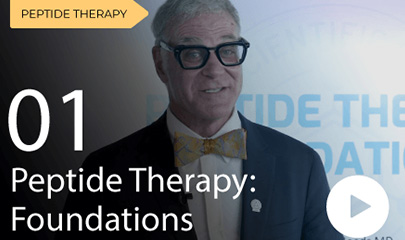
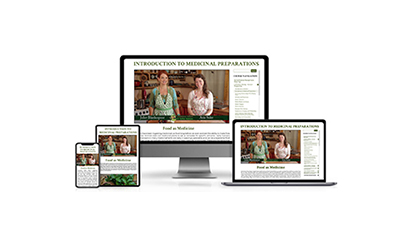



Reviews
There are no reviews yet.